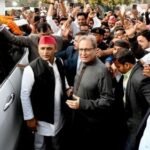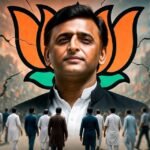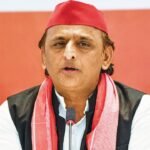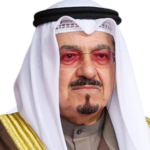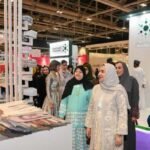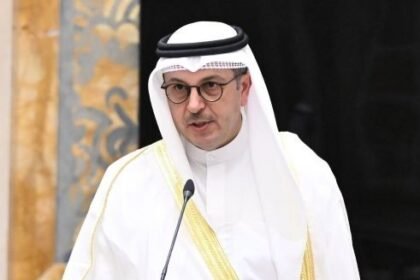
ARABIAN TIMES NEWS NETWORK
Leaving your beloved pet behind is never easy. Before choosing cat boarding Dubai or dog boarding Dubai, it’s essential to pause, prepare, and read the right checklist. This smart, step-by-step guide is designed to help pet parents choose a boarding space where their furry companions feel safe, comfortable, and genuinely happy. Every pet owner shares the same worries, Will my pet be fed properly? Will they be cared for with love? Will they feel lonely or anxious? These concerns are completely natural.
The difference is that smart pet parents plan ahead. By understanding what truly matters in quality cat boarding Dubai and dog boarding Dubai services, the stress of separation begins to fade. This comprehensive checklist empowers you to make informed decisions, ensuring your pet’s routine, health, and emotional well-being are in trusted hands. Because when you’re confident in your choice, you don’t just leave your pet behind, you leave them in a place that feels like a second home.
Cat Boarding Dubai: How to Keep Your Cat Calm and Comfortable – Cats are sensitive. They react strongly to new environments, so boarding must be tailored to their needs.
● Private, Quiet Spaces
Cats prefer calm surroundings. The best cat boarding Dubai facilities provide:
● Individual rooms or condos
● Minimal exposure to dogs or noisy areas
● Cozy hiding spots for security
● Cleanliness Is Essential
● Regular litter box cleaning
● Sanitized feeding areas
● Daily room disinfection
● Feeding and Routine
Cats thrive on routine. Reliable cat boarding Dubai centers allow:
● Bringing your cat’s preferred food
● Following their usual feeding schedule
● Special care for medical conditions
Dog Boarding Dubai: How to Keep Your Dog Happy and Healthy
These are the needs that dog boarding facilities should meet.
● Exercise and Playtime
Dogs require daily physical activity. The best dog boarding Dubai centers provide:
● Safe play areas or yards
● Structured walks and play sessions
● Safety Measures
● Secure fencing and monitored areas
● Staff trained to handle different dog behaviors
● Emergency protocols
● Health Monitoring
Vaccinations and health checks are essential. A good dog boarding Dubai facility provides:
● Verified vaccination proof
● Regular monitoring of health and behavior
● Access to veterinary care if needed
● Individual Attention
Some dogs are shy, anxious, or elderly. Top centers provide:
● Personalized care and comfort
● Observation for stress or health issues
● Staff trained to soothe and engage pets
Smart Pet Owner’s Checklist
Whether you have a cat or a dog, here’s what to look for before boarding:
- Clean and Comfortable Environment
● Separate areas for cats and dogs
● Sanitized feeding and play zones
● Proper room temperature - Experienced, Caring Staff
● Trained in pet behavior and first aid
● Compassionate and attentive - Safety and Health
● Monitored areas and secure fencing
● Vaccination checks
● Emergency veterinary access - Feeding and Routine
● Ability to follow your pet’s feeding schedule
● Special diet or medical care if needed
● Structured daily routines to reduce stress - Communication
● Daily updates with photos or notes
● Staff available to answer questions
● Transparency about your pet’s well-being
Preparing Your Pet for Boarding
● Bring Familiar Items
A favorite blanket, toy, or treat can make a huge difference.
● Start With Short Stays
Cats benefit from brief visits; dogs from short trial periods to get familiar with staff and routines.
● Observe and Stay in Touch
Choose the facility that provides updates – either through pictures, messages or notes – that will keep you updated on your pet’s condition.Boarding does not mean your pet will be left alone. It simply means you are choosing a second home that is safe, loving and comfortable. For cats, having a quiet, private area with proper daily routines is one of their most important needs, while on the other hand, dogs are very sociable animals who require constant exercising, attention, and interaction with the staff.


